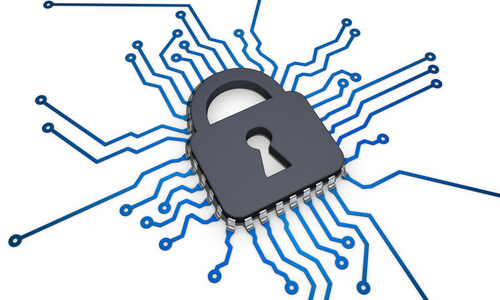
Cybercrime, Digital Security and AML
Cybercrime knows no bounds. With the potential to affect every user on the internet, there is an increased urgency to create the perfect bubble that will keep out malicious hackers and temperamental hacktivists.
While the focus remains on phishing and identity theft, money launderers are slipping under the radar.
More devices, more connections, more progress
About 40% of the world population is linked to the internet, with studies that this will be up by 1.5 billion people in four years. The number of devices that will be connected to the internet is slated to triple by 2020.
While these statistics point to a more connected world that can leverage technology for the betterment of mankind, there’s another shocking statistic that will make you look twice. Global losses attributed to cybercrime already exceed $100 B.
The intersection of cybercrime and money laundering
Cybercrime can be about illegally obtaining information and holding it hostage for ransom, or it could fall under the purview of money laundering when hackers gather information to covertly transfer funds into their accounts.
The predicament most regulatory authorities are faced with is the anonymity with which these cyber-fraudsters operate. That coupled with the fact that it only takes a laptop and an internet connection, there’s no telling who is to be blamed.
Cyber-laundering relies on vehicles such as wire transfers, cash deposits and money mules. There is no limit to the damage cyber criminals can cause with fake corporations and stolen documents.
Do AML measures help prevent cybercrime?
Since cybercrime revolves around identity theft and data extraction, the most basic tenet of AML – KYC – can go a long way in preventing it. Using financial data analytics is another novel method that can help quickly identify and discern possible money laundering schemes. Reporting suspicious activities should also extend into the realm of digital transactions to quickly alert and prevent fraud.
Additionally, organizations that collect large amounts of personal data (not limited to financial institutions), should establish cutting edge data security features. Recent breaches like the one at Equifax, and ransomware attacks such as WannaCry are telling signs of impending further impending crimes.


